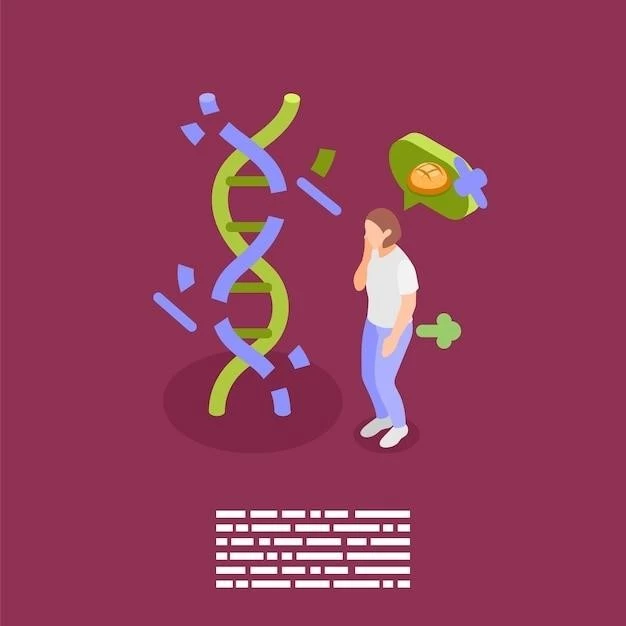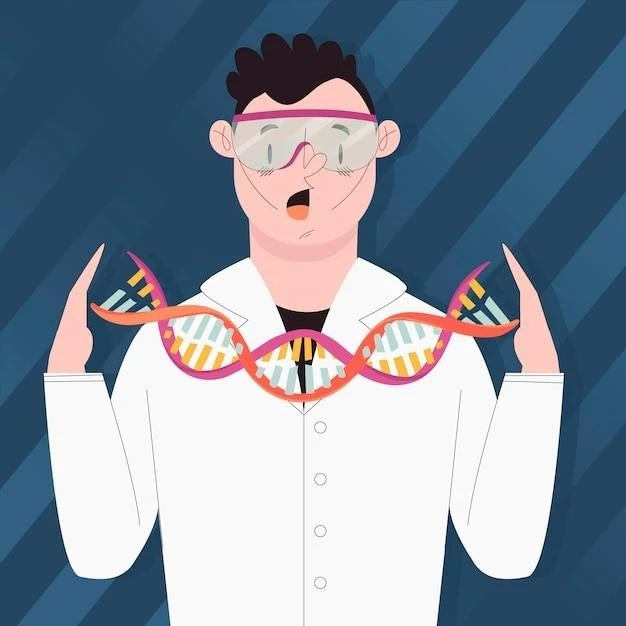Understanding the genetic causes and clinical manifestations of Chromosome 10 Uniparental Disomy․
Genetic Causes of Chromosome 10 Uniparental Disomy
Chromosome 10 Uniparental Disomy can occur when both copies of chromosome 10 are inherited from one parent․ This can be due to errors during egg or sperm formation leading to the absence of genetic material from one parent․ Genetic mutations and imprinting defects can also contribute to this condition․
Clinical Manifestations of Chromosome 10 Uniparental Disomy
Individuals with Chromosome 10 Uniparental Disomy may exhibit varying clinical features depending on the specific genes affected․ Common manifestations include developmental delays‚ intellectual disabilities‚ growth abnormalities‚ and distinctive facial characteristics․ Additionally‚ some individuals may experience neurological issues‚ kidney problems‚ and cardiovascular anomalies․
Diagnostic Approaches for Chromosome 10 Uniparental Disomy
Diagnosing Chromosome 10 Uniparental Disomy often involves genetic testing‚ such as chromosomal microarray analysis or SNP array‚ to identify the presence of two chromosomes inherited from one parent․ Clinical evaluations‚ imaging studies‚ and medical history assessments are also essential in confirming the condition․ Genetic counseling is crucial for families to understand the implications of the diagnosis․

Managing Chromosome 10 Uniparental Disomy
Exploring effective management strategies and the prognosis of this genetic condition․
Management Strategies for Chromosome 10 Uniparental Disomy
Management of Chromosome 10 Uniparental Disomy involves a multidisciplinary approach focusing on addressing specific symptoms and supporting overall well-being․ Interventions may include early intervention services‚ educational support‚ physical therapy‚ speech therapy‚ and regular medical monitoring to manage associated health issues effectively․ Genetic counseling plays a crucial role in guiding families through available treatment options and support resources․
Prognosis of Chromosome 10 Uniparental Disomy
The prognosis for individuals with Chromosome 10 Uniparental Disomy varies depending on the specific genetic alterations and associated health issues․ Early diagnosis‚ appropriate management strategies‚ and access to supportive resources can significantly impact outcomes․ Ongoing research and advancements in medical care continue to improve the understanding and outcomes for individuals affected by this genetic condition․
Advancements and Support for Chromosome 10 Uniparental Disomy
Exploring research advances‚ case studies‚ and support resources for individuals affected by this condition․
Research Advances in Chromosome 10 Uniparental Disomy
Ongoing research in Chromosome 10 Uniparental Disomy focuses on identifying new genetic mechanisms‚ improving diagnostic technologies‚ and developing targeted treatment approaches․ Studies aim to enhance understanding of the condition’s complexity and variability‚ ultimately advancing personalized care for affected individuals․ Collaborative efforts contribute to the continuous progress in managing this genetic disorder․
Case Studies of Chromosome 10 Uniparental Disomy
Examining case studies of individuals with Chromosome 10 Uniparental Disomy sheds light on the diverse clinical presentations‚ challenges faced‚ and outcomes observed․ Each case provides valuable insights into the impact of this genetic condition on individuals and families‚ highlighting the importance of personalized care and comprehensive support services tailored to varying needs․
Support Resources for Individuals with Chromosome 10 Uniparental Disomy
Various support resources are available for individuals and families affected by Chromosome 10 Uniparental Disomy․ These include genetic counseling services‚ special education programs‚ support groups‚ and online platforms offering information and assistance․ Access to these resources can help individuals navigate medical challenges‚ obtain emotional support‚ and connect with a community sharing similar experiences․
